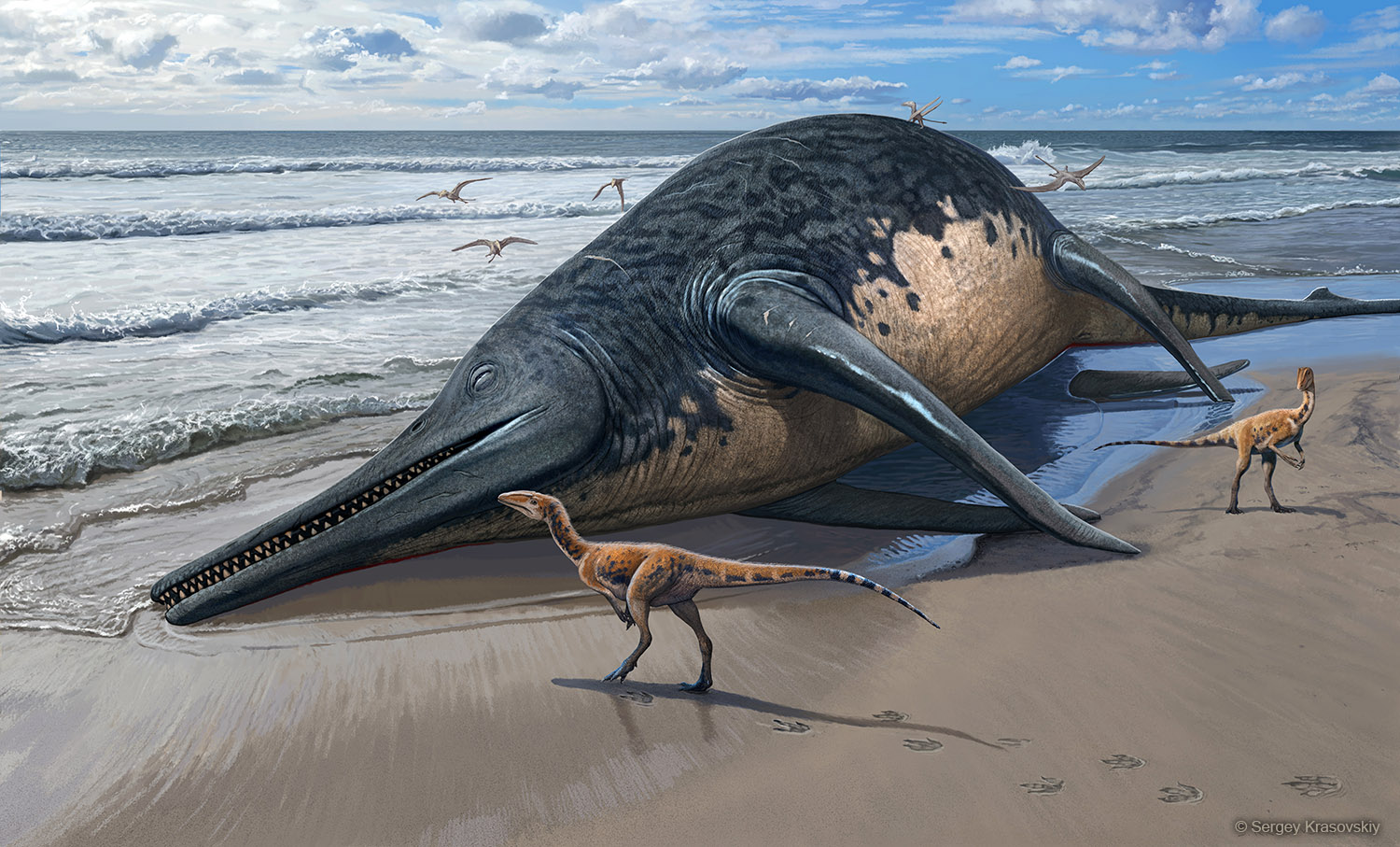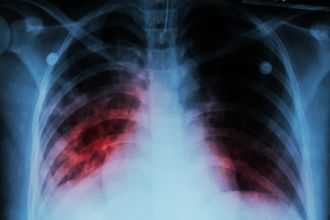-
Micro-Lisa! Low-power light laser makes it mark in low-cost polymer
Angewandte Chemie International Edition
High-power lasers are often used to modify polymer surfaces to make high-tech biomedical products, electronics and data storage components. Now Flinders University researchers have discovered a light-responsive, inexpensive sulfur-derived polymer is Read more about Micro-Lisa! Low-power light laser makes it mark in low-cost polymer
Australia; New Zealand; SAFlinders University -
How to help older drivers hang up the keys for good
Journal of Transport and Health
Active planning is the key to older people walking away from driving for the last time, according to new University of the Sunshine Coast research. The researchers explored the individual and environmental factors that influenced older drivers’ Read more about How to help older drivers hang up the keys for good
Australia; QLDUniversity of the Sunshine Coast -
New concrete possibilities from waste materials
Structural Concrete
The use of recycled concrete and glass aggregates in concrete production has emerged as a highly promising means of increasing the recycling rate of waste materials – but durability issues have plagued some combinations of recycled ingredients. Now Read more about New concrete possibilities from waste materials
Australia; VIC; SAFlinders University|The University of Melbourne -
Focus on the Moon - Lunar dust, gravitational waves, and sites of extraordinary scientific importance
Philosophical Transactions of the Royal Society A
Can lunar dust harm astronauts lungs? Can we protect scientific sites on the Moon? Can we detect gravitational waves on the Moon? The Moon presents unique opportunities for high-impact astronomy that could enhance our understanding of our solar Read more about Focus on the Moon - Lunar dust, gravitational waves, and sites of extraordinary scientific importance
InternationalUniversity of Colorado, USA -
3D mapping tech blasts off for International Space Station
A powerful package of 3D mapping technology designed by CSIRO, Australia’s national science agency, has reached the International Space Station (ISS). The payload has reached astronauts on board and will be fitted onto a NASA robot platform that Read more about 3D mapping tech blasts off for International Space Station
AustraliaCSIRO -
Did tightened PBS restrictions on opioid supply reduce their use in Australia?
Medical Journal of Australia
Subsidised opioid use dropped overall, but use of one opioid is still on the rise, a new big health data study shows. On 1 June 2020, the Pharmaceutical Benefit Scheme (PBS) introduced changes to the way prescription opioids are supplied: Read more about Did tightened PBS restrictions on opioid supply reduce their use in Australia?
Australia; NSWThe University of New South Wales -
Going fishing this Easter? Keep your catch food-safe
There are 4. 2 million, or one in five Australian adults, estimated to take part in recreational fishing each year. Seafood is generally safe and healthy, but each year Australians are affected, and even hospitalised, from illnesses such as Read more about Going fishing this Easter? Keep your catch food-safe
AustraliaFood Safety Information Council -
New classification of tuberculosis to support efforts to eliminate the disease
The Lancet Respiratory Medicine
A new way to classify tuberculosis (TB) that aims to improve focus on the early stages of the disease has been presented by an international team. The work was led by researchers at WEHI, UCL, the London School of Hygiene & Tropical Medicine, Read more about New classification of tuberculosis to support efforts to eliminate the disease
Australia; International; VICWEHI -
New findings shed light on finding valuable ‘green’ metals
Science Advances
New Macquarie University research shows low temperature, carbon-rich melts in Earth's upper mantle can dissolve and transport economically important metals like copper and platinum. The findings, published in Science Advances, reveal these carbonate Read more about New findings shed light on finding valuable ‘green’ metals
InternationalMacquarie University|The Australian National University... -
Dogs may really understand the names of their toys
Current Biology
Dogs can really learn what their toys are called instead of just relying on context, according to international research. The researchers say dogs generally don't do well in tests where they're asked to fetch an object after hearing its name, but Read more about Dogs may really understand the names of their toys
InternationalEötvös Loránd University, Hungary










































